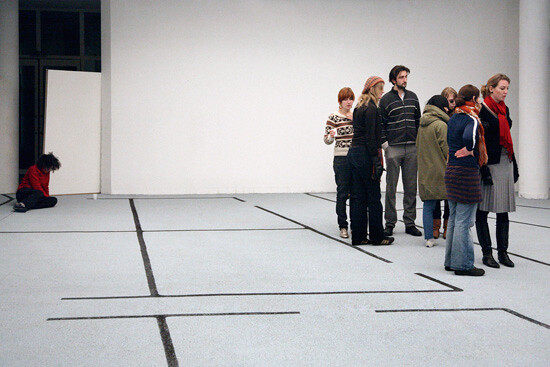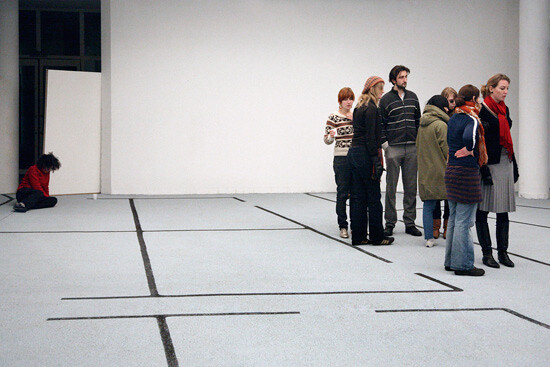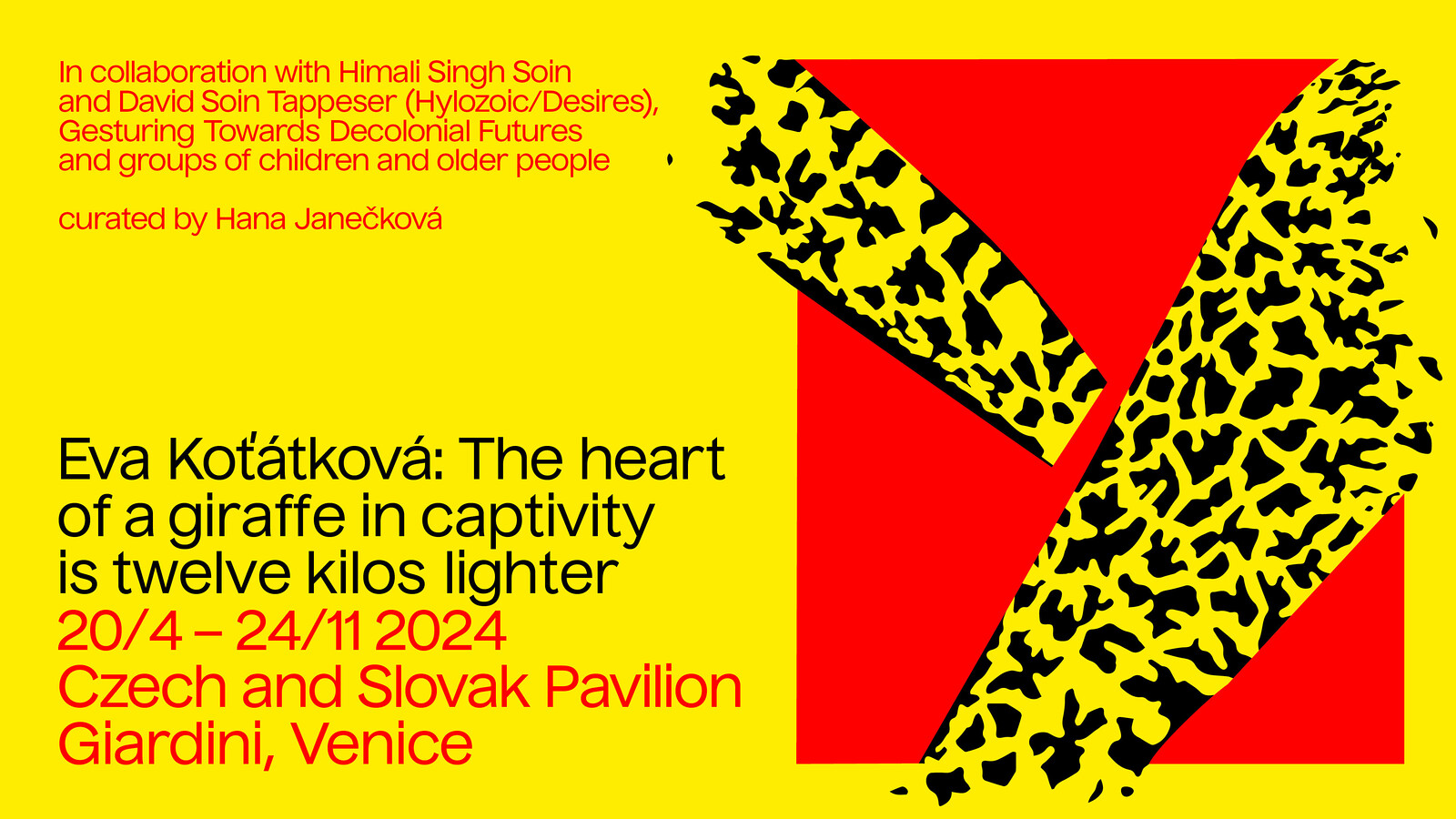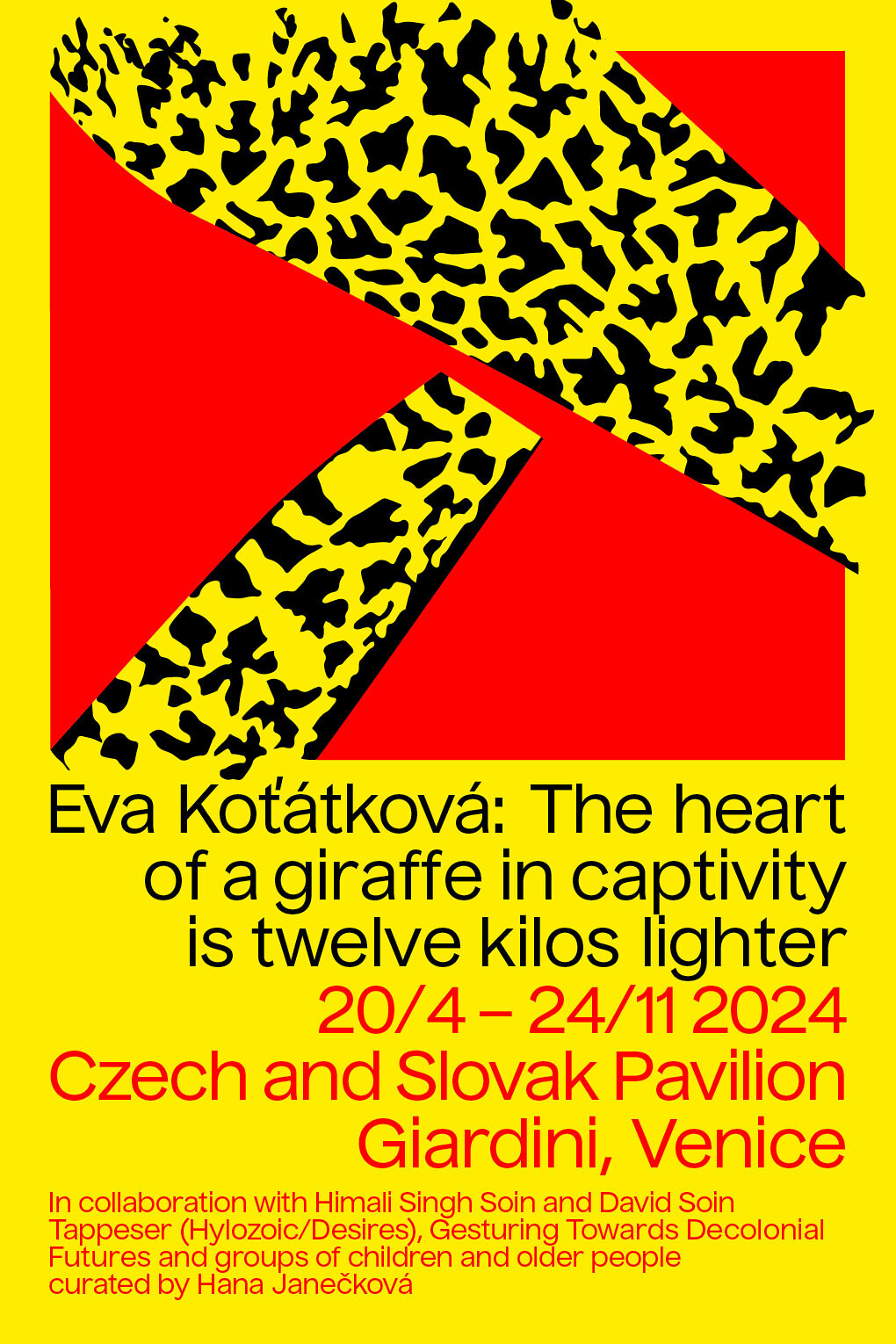Alas, I have to use this neologism of “enclosement” to deal with an issue that disturbs too few people. But it immensely disturbs those of us it concerns. Basically, this is the question: Where are the public intellectuals—the artists, poets, scientists—who allow themselves to lose sleep over the state of the world? Where are the protesters, the professors, the students? Where is public at large? My answer would be that they are nowhere to be found.
In this world where airplanes have replaced cars, buses, and trains, where the skies seem to be open all the way to the galaxies, what do we see? We see people closing in on themselves. Closing their doors, their windows, their eyes and ears, their minds and their hearts, supposedly to keep trouble at bay. Thus, their homes have become cages; their brains prison cells in which nothing “human” has any chance of entering. Though clinically alive, they do not live. They are the undead.
And now, what are the churches, synagogues, mosques, and temples filled with? They are filled with citizens who come to be reassured of their righteousness. Though most, if not all, religions preach some form of charity, these places shelter an increasingly fanatical discourse: each congregation is turned into a power base, the power to continue as they are, impervious to others, impervious to the hidden needs of its own people. They are barely alive, self-serving, closed in on themselves. No debate is going to shake them out of their complacency, no catastrophe is going to raise any lasting concern. Their beautiful (or ugly) structures could just as well be prison walls.
Let’s go to the universities, where the situation is strangely similar to the churches: the greatest universities in the world are oddly silent; a deafening silence prevails—the type of silence one encounters in cemeteries. Professors are not even “politically correct”; they are totally apolitical. They won’t jeopardize their grants, travel expenses, conference fees, tenure, and so on. They will be free, free of any meaningful thought. Thus the universities are safe ghettos, islands surrounded by indifference, mental prisons in their own prosperous, joyful ways. At best, they produce technicians, but certainly not thinkers.


We discuss globalization while destroying the links that used to connect the different nations of the world. We are fencing these nations in, surrounding them with barriers, both physical and mental. It’s harder, for example, for a North African to travel than for an American, because the former will most likely be denied the visas granting entry into any Western country. Whole countries are targeted, quarantined, so to speak—imprisoned, forced to live without security until they are too often invaded and destroyed.
Technology has enabled the total control of a population. Even under Stalinist or Nazi regimes, it was impossible to maintain files, secret or not, on large sections of the population. This is not a problem nowadays. For multiple reasons (or excuses), we are all profiled, scrutinized, inventoried. And by the way, this is why the Patriot Act is so dangerous from a human rights perspective: we have the right to be anonymous, and we are not. We are authorized by the US Constitution to be considered innocent until the contrary is proven, but with this relatively new law, we are all potential suspects and potential victims. It is unbelievable that so very few people object to this law, or are even ready to discuss it. Thus we are imprisoned in a situation in which people are reluctant to speak, feeling helpless and threatened, unable to put their finger on the source of so much anxiety.
Like in Dante’s Inferno we live in concentric circles of “enclosement”—the fact that we move in cars, travel long distances, and vote for (useless) politicians, doesn’t prove that we are free. We are controlled like insects in a lab. The basic freedom, from which all liberties are generated, is the freedom to think—to express dissent, to engage in dialogue, to analyze, to gather, to accept or reject, and to openly address other people. But we accept a way of life in which propaganda machines (such as the mass media) have replaced thinking and channels of free expression. We are in a train going downhill with no one at the wheel. We, the people in this train, must direct it.
Of course, everything mentioned above concerns other regions of the world. A globalized world is not a meaningless one. But there is no explanation for the state of human rights in Egypt, for example, or the chaos in Lebanon, without a discussion about what’s happening to the United States and in the United States. The rest of the world is divided, roughly, between two empires—a declining one and an emergent one—both still powerful enough to wipe out the world in a nuclear war. All the intermediary countries are under the thumb of the dominant ones—they all are mirrors of these superpowers. The differences are minute in their detail. Savage capitalism is the single world ideology: racism, fanaticism, the success of the right-wing movements, and so on, are the consequences of the moral failures of the superpowers, of their governments, of their dominant moral and economic failures. Above all, we are bankrupt on every count because we gave up thinking, and because we are unbelievably silent.


